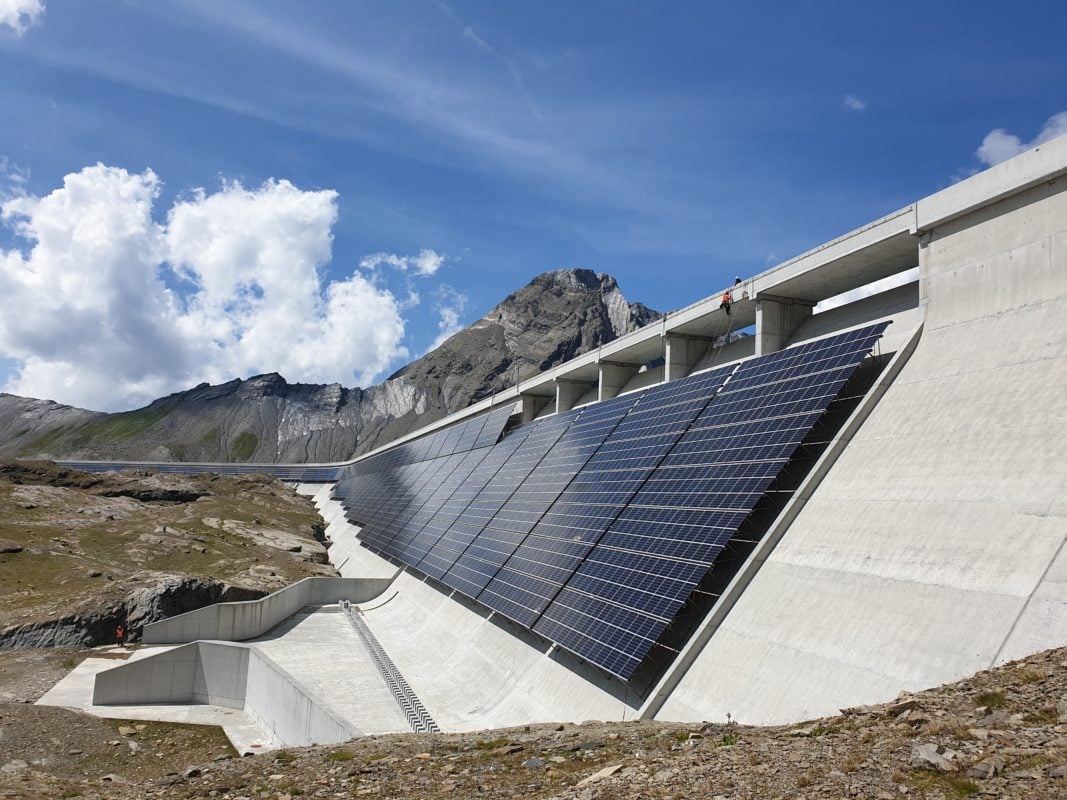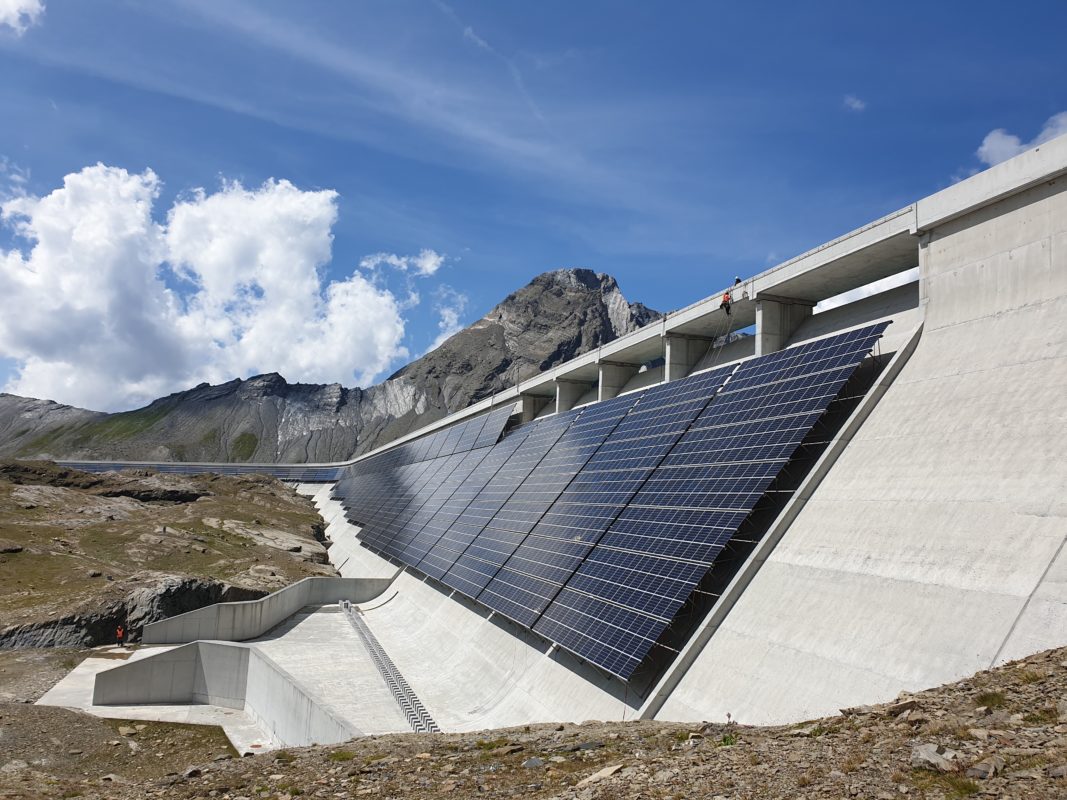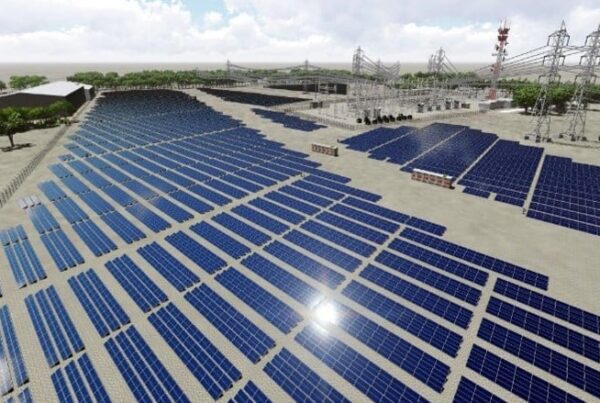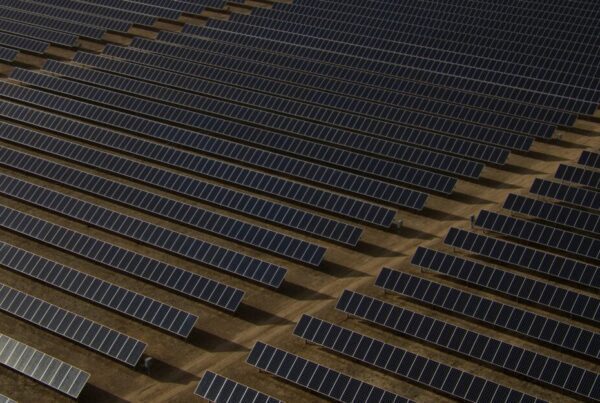
The trade body expects the country’s solar market to grow by an additional 10% in 2024, which would put Switzerland on track to add 2GW of new capacity each year from 2027, for which the government is aiming. Swissolar also suggested that some of the responsibility for the recent successes in the Swiss solar sector fall on the New Energy Act, a piece of legislation introduced in 2017 that has sought to reform the Swiss energy sector.
Under the act, Switzerland is targeting an annual domestic production of 11,400GWh of renewable power, up from just 4,400GWh in 2020, and introduced a number of practical reforms to achieve this target, including the replacement of the feed-in renumeration at cost scheme in place for new renewable energy projects with a feed-in renumeration “with direct marketing” programme, which aims to make new renewable power projects more financially viable.
This has led to increased appetite for new solar projects in Switzerland, with energy trader Axpo announcing in 2022 that it plans to add 1.2GW of new solar capacity in the country by the end of the decade. Should Axpo complete this work, it would lead to a sixfold increase in the company’s installed solar capacity in Switzerland, a figure which mirrors the sixfold annual increase in the solar sector’s installed capacity since the passing of the Energy Act and the end of 2023.
The news follows a stark warning from the European Commission earlier this week, that a number of countries in Europe would have to “enhance their efforts” to meet the EU’s climate change goals. While Switzerland is not an EU member, the warning demonstrates the need for greater clean energy investment across the European renewables market.






